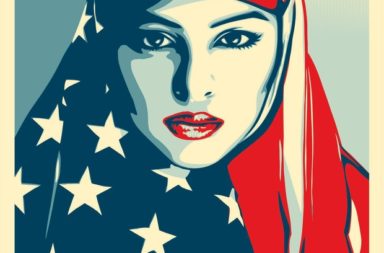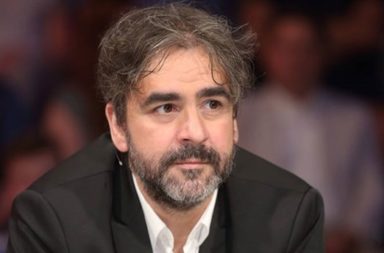Simon Jacob reporting from Tbilisi.
Georgia is traditionally a multiethnic country. Over 26 different distinct peoples live here. 80 % are Georgians, 6 % Azerbaijani, 5.7 % Armenians, and 1.55 % Russians.
Other ethnic groups are Assyrians, Abkhazians, Pontic Greeks, Laz, Kurds, and Jews. In the Javakheti region Armenians are in the majority with 90 %. In Lower Kartli you’ll find as many Azerbaijani as Georgians. 23 languages are spoken within Georgia, one of the oldest states in the world. This is precisely what makeGeorgia special.
“Command of the language is the key to integration in civil society”, says David Adamov, from the Georgian Assyrian Congress.
Ruslan Pogosyan agrees. One of just three Armenian parliamentarians, the civil rights attorney Pogosyan is very well versed in the affairs of Georgias largest minority. We’ve met up in a bar in the capital Tbilisi, to discuss the special path Georgia has taken into its multicultural present.
The Armenians came to Georgia in the 16th century. Driven out of their homelands by invaders, they found a safe haven in the kingdoms that then made up modern Georgia’s territory, and new home under Christian rule.
On February 16th 1921, the democratic republic was gobbled up by soviet Russia, Russian became the official language and leaning it became indispensable.
After the fall of Communism in the East, the primary concern was to safeguard the integrity of the state. There were many who feared that the inhomogeneous makeup of its population might explode Georgia, language being the most critical factor in this calculation. At first the government, understanding that without a common language it was impossible to build a common civil society, tried to introduce Georgian for all citizens and make it mandatory. Albeit understandable, this choice came as a disadvantage to non-Georgian minorities. In recent years the administration is trying to reverse course. Armenian Pogosyan understands that there is no chance of integration into the country without learning the language, and the danger of parallel societies establishing themselves is a very real one. But he hold the view that a certain balance needs to be maintained.
Preserving his Armenian identity is also important to him. He believes it is possible to do both within the context of one nation, respecting the rule of law, and its religious and cultural institutions. Pogosyan makes clear that in Georgia not even all students speak Georgian. But they receive one year of free lessons and integration courses are offered courtesy of the government in Tbilisi. The goal is to make sure that everybody gets a chance to participate and to prevent a feeling of being discriminated against. Especially within minorities that cannot overcome the language barrier.
Letting such feelings stir could have severe consequences for the stability of the state.
I can relate well to the Parliamentarian’s message. As a child I came to Germany with my parents. Without learning the language I would have had no chance to do what I am doing today.
Europe in general, and Germany in particular – as it has now become the preferred destination for hundreds of thousands of refugees this year alone – have to understand this simple lesson.
If Europe wants to prevent the establishment of parallel societies of the kind that are now feared to set root in Georgia, we have to act. Yes, so far Georgia is managing to hold its civil society together. But it has hundreds of years of experience managing ethnic tensions. Western Europe’s nation’s are far more homogenous. If put under similar stress, it is doubtful at best, that they could accomplish the same.
![clip_image002[2]](http://www.globalo.com/content/uploads/2015/10/clip_image00221.jpg) If you have enjoyed this story, please check out our Globalo Youth Peacemaker Tour, where we travel across 11countries in the Middle East, including Syria and Iraq, to find examples of peaceful coexistence between different cultures and religions in a region torn by violence and war. Please also consider supporting our our project by making a small donation of $5 or $10.
If you have enjoyed this story, please check out our Globalo Youth Peacemaker Tour, where we travel across 11countries in the Middle East, including Syria and Iraq, to find examples of peaceful coexistence between different cultures and religions in a region torn by violence and war. Please also consider supporting our our project by making a small donation of $5 or $10.




